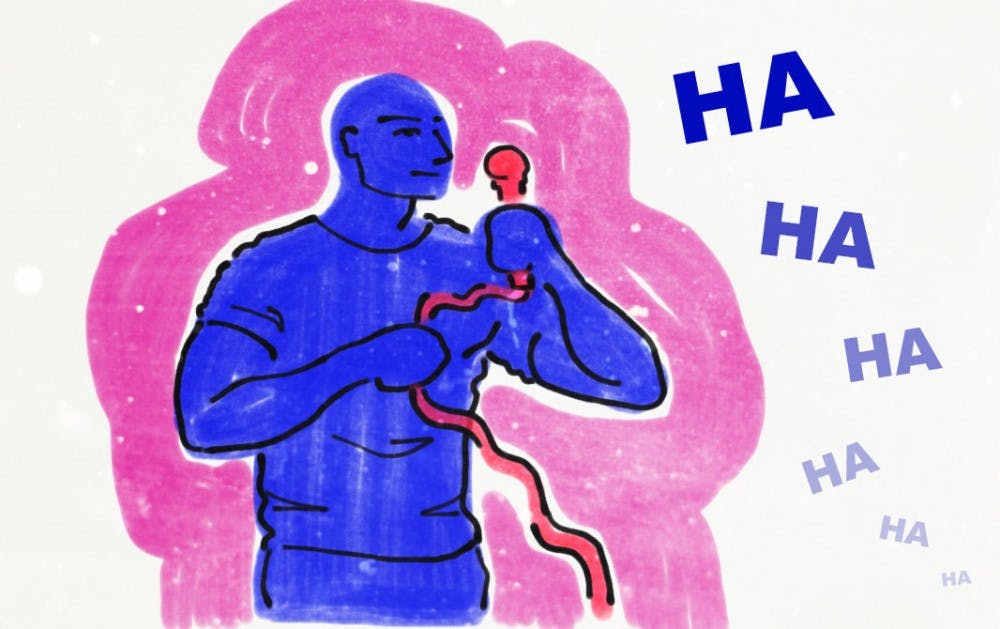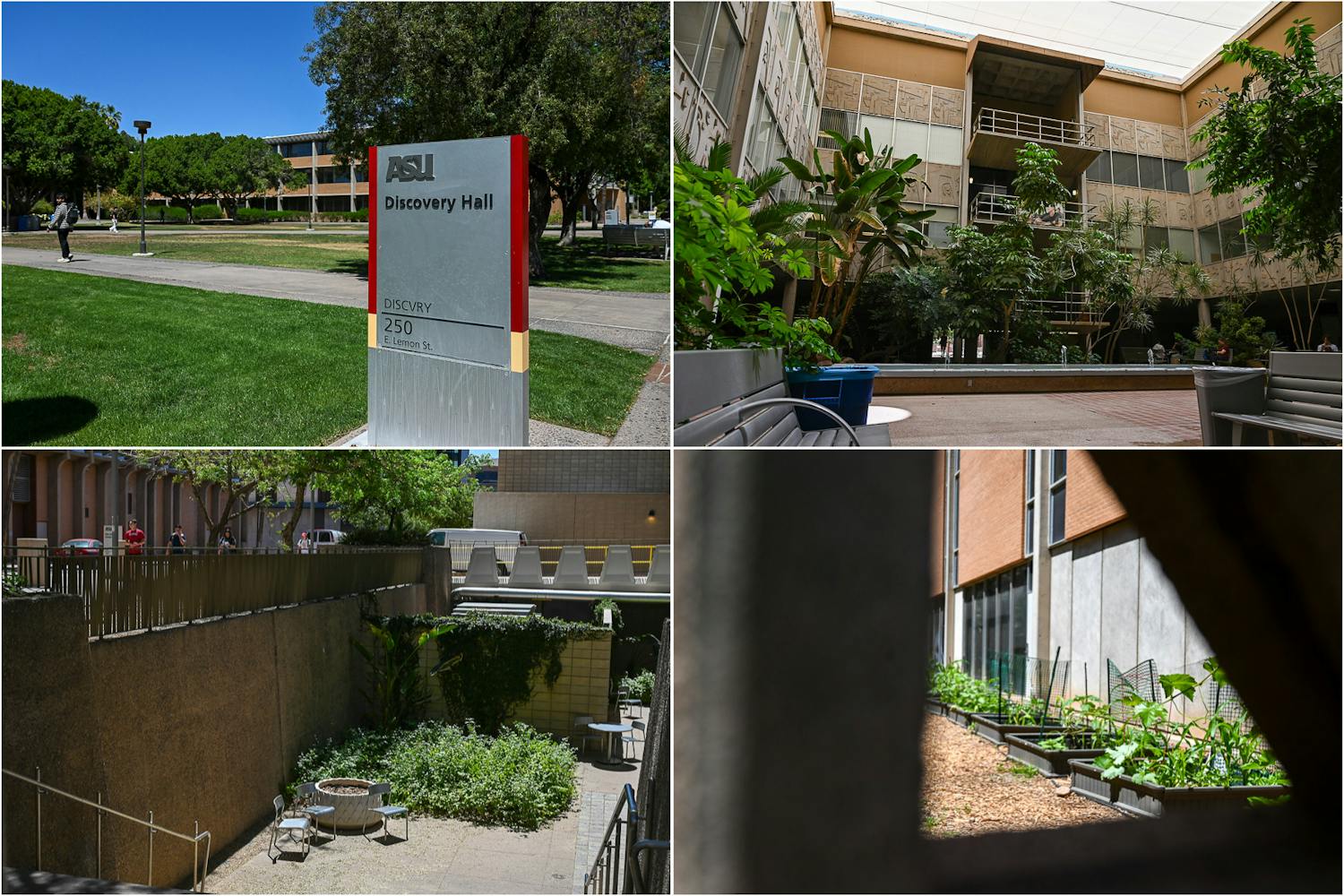A study conducted by researchers from the School of Life Sciences has found that humor may increase students’ sense of engagement and inclusion in college-level science courses.
Spearheaded by a group of undergraduate students in an upper-level biology research class, the study aims to fill a gap that currently exists in the scientific literature on humor in college courses.
While previous research has studied the efficacy of humor in humanities and other non-scientific courses, no research has been done on the use of humor in science classes.
Katelyn Cooper, a postdoctoral scholar and lead author on the paper, said the class wanted to know what the impact of humor is in the classroom, given the reputation science often has for being boring and difficult.
Published in the Public Library of Science's journal PLOS ONE on Aug. 15, the study surveyed a total of 1,637 students across 25 college science courses, asking them how they respond to their instructors' use of humor, both in general and with specific categories of jokes.
The class in which the study was conducted was highly student-driven, with the undergraduates constructing the design for the survey and taking lead every step of the way.
"They were there from question development, then together as a class, we designed the survey that we used to answer our research questions," Cooper said.
Taija Hendrix, an ASU alumna who was a student researcher in the class at the time, explained that the class was an opportunity to study in an environment free from a preassigned research topic.
“Compared to a traditional laboratory course, you get to actually sense what research is like,” Hendrix said.
Responses to jokes were measured along three axes — the students' attention towards the material, relatability with the professor and their sense of belonging in the classroom. On average, a funny joke will have a positive effect on a student’s experience in all three standards.
While an overwhelming majority of students surveyed reported positive responses to humor in the classroom, overall results were negative when it came to offensive humor, and a joke that students found both unfunny and unoffensive had a neutral effect.
However, a joke that a student finds unfunny and offensive will usually have negative effects along all three criteria of their experience, decreasing the students’ overall educational quality in the classroom.
The researchers then differentiated among what humorous content students disproportionately found funny or offensive.
According to the study, the topics of college, science and television were most universally regarded as funny and unoffensive, while subjects closely relating to individual social or political identities, including race, gender or religion, were most widely considered unfunny and offensive.
However, the subjects that students find offensive are not distributed uniformly across all demographics.
“As far as the topics, we saw a gender difference — women are more offended by more topics, and men think that more topics are funny,” Sara Brownell, the associate professor who led the class and was the senior author on the paper, said.
However, she said that once a joke is already considered either offensive or funny based on its topic, “it seems to affect men and women equally.”
As this study makes clear, certain types of humor may have negative consequences, even beyond the potential for repercussions outside the classroom – they can also have alienating effects on the students themselves, decreasing the quality of their experience in the classroom.
But humor can also make the difference between the tedium so often associated with science classes and a genuine excitement and connection between students and the professor.
For science professors seeking to vivify their classrooms and encourage their students, Hendrix said the answer is just to be funny.
“Students are people too, and they want to see that their professors are people and they have personalities, so humor is one way to do it," Hendrix said.
Reach the reporter at Ryan.Ferdowsian@asu.edu or follow @FerdowsianRyan on Twitter.
Like The State Press on Facebook and follow @statepress on Twitter.




